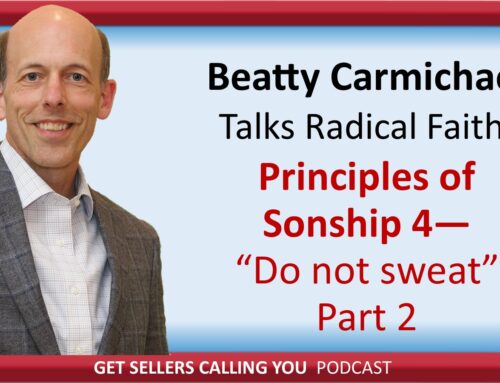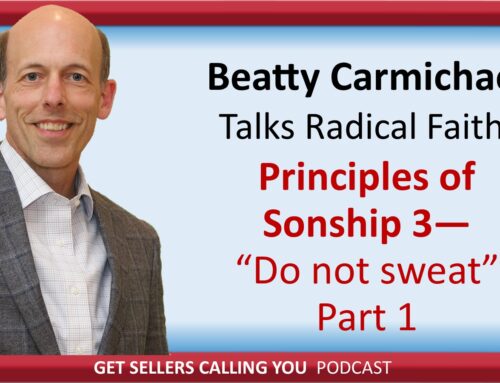Mark 3:1-5 – “He entered again into a synagogue; and a man was there whose hand was withered. They were watching Him to see if He would heal him on the Sabbath, so that they might accuse Him. He said to the man with the withered hand, “Get up and come forward!” And He said to them, “Is it lawful to do good or to do harm on the Sabbath, to save a life or to kill?” But they kept silent. After looking around at them with anger, grieved at their hardness of heart, He said to the man, “Stretch out your hand.” And he stretched it out, and his hand was restored.” (ESV)
Jesus purposely healed the man with a withered hand. And He did it to prove a point.
We’ve heard it said that the Jews were legalistic. That’s what the law created — a set of rules that you must follow. But anytime you look too closely at all the rules you “lose the forest through the trees” as the expression goes. The Lord doesn’t want us following rules as much as he wants us loving people and having compassion on them. And that’s what Jesus is teaching in this example.
The Sabbath was a special holy day. It was the seventh day of the Jewish calendar, and God wants us to rest from our labors as he rested from his labors after the six days of creation. So the Jews made that rest legalistic. And when they focused on the legalistic rules they lost all heart and compassion for what the Father wanted from us. This is why Jesus said, “is it lawful to do good or to do harm, to save a life or to kill?” In other words, he’s trying to get us to understand it’s not about the rules, it’s about the heart, it’s about understanding what is good from what is bad.
We get a deeper insight into God’s heart in the last verse. “And Jesus looked around at them with anger, grieved at their hardness of heart.” In other words, they had no compassion or concern about the man with a withered arm. He was a nobody to them. They didn’t care how much his life was affected by not having use of that arm. And this is why Jesus was angry. They were more interested in following the rules than loving their neighbor. Yet the Lord is more interested in us loving people than following the rules (ultimately, though, all the rules lead to loving the Lord our God which, in turn, lead to loving our neighbor … even though the legalistic Jews missed that point).
This doesn’t mean that we can do anything we want and get away with it. But what it does mean is we don’t have to worry about “towing the line” or some legalistic God is going to crush us because we messed up. This shows the heart of the father towards us. He has compassion for us. He knows not only when our hand is withered but when our life has withered as well. And his compassion shows through in his actions.
So the next time you screw up and sin, realize the Lord still loves you. Realize that if you’ve asked Jesus into your life as Lord and Savior, that sin you just committed is still forgiven. In fact, it was forgiven long before you ever did it. Because of that we don’t have to worry about a retributive God. We don’t have to worry about getting squashed by an angry God because we sinned. We don’t have to worry about a God who could care less about us like the Jews did about the man with the withered hand. What we see is the compassion God has. And regardless of how much we’ve screwed up, he still loves us. And following his example, when others sin against us we should not be so concerned about them “breaking the rules” against us as we should be concerned and compassionate for them. And that’s what Jesus shows.







Leave A Comment